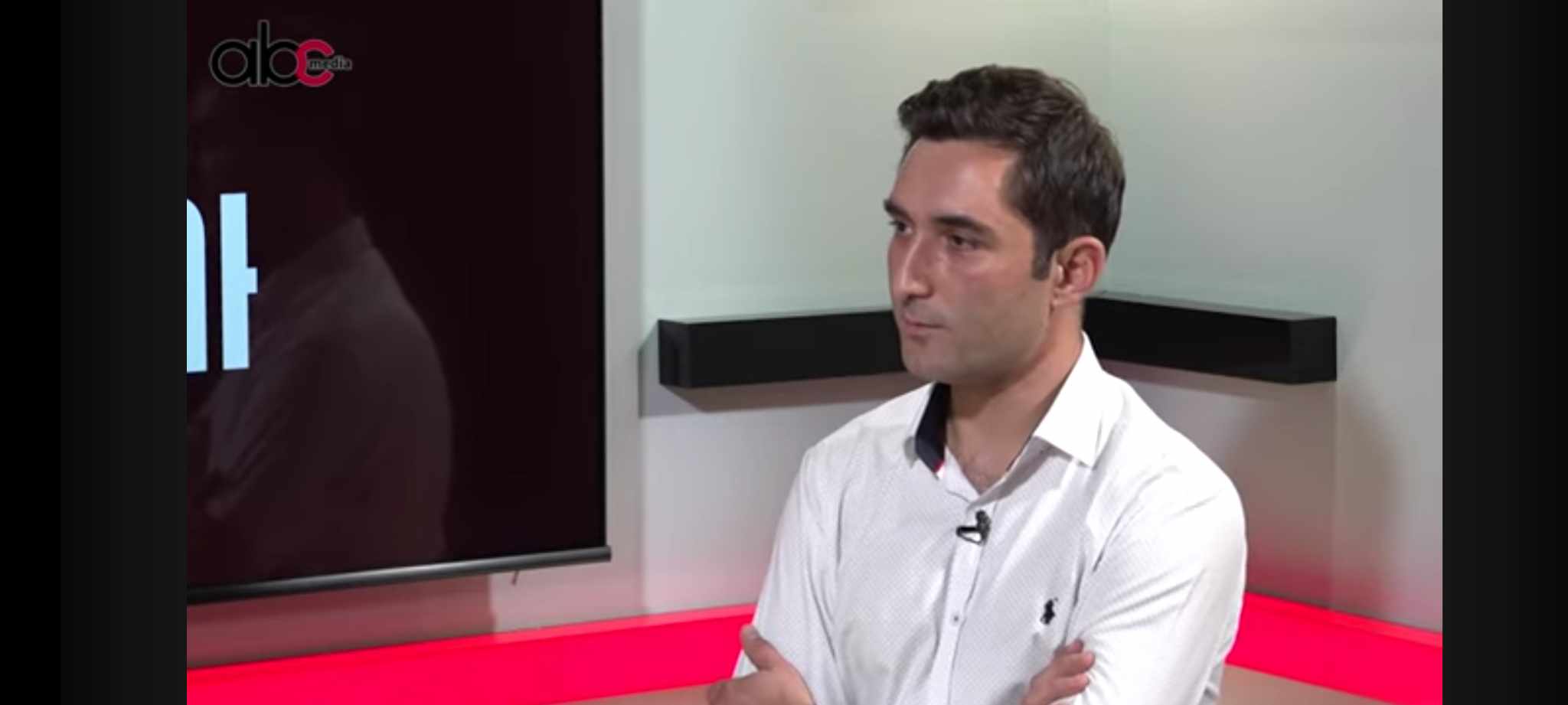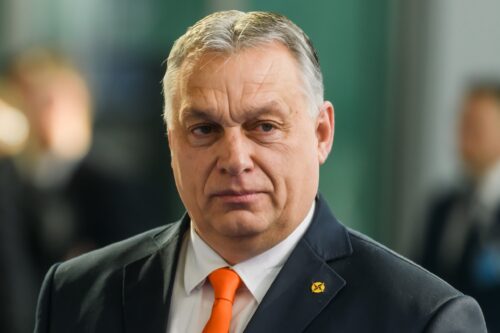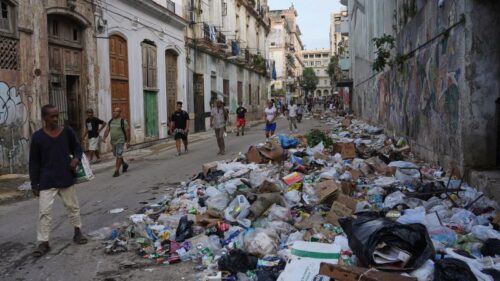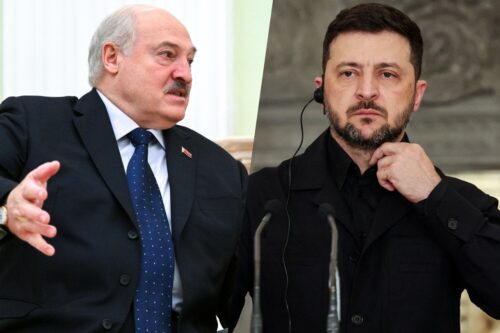
Hayk Petrosyan: We have intelligentsia today, it has just been discredited
ABC Interview’s guest was singer, actor Hayk Petrosyan. The topics discussed in the interview were diverse: from songwriting to Armenian history, from Aznavour to Komitas. According to the singer, Armenia has intelligentsia, it’s just that it seems to have been deliberately discredited. According to Hayk, history has taught us many lessons, and we just have to draw them.
– What can cultural figures do with their words in this difficult situation?
– The Armenian people have created a huge culture, and this is not only the wealth of Armenians, but the whole world. Two Armenians who know Komitas well, know what he did, how dedicated he was, and what difficulties he overcame, stick together differently because they have an invisible cultural bond.
– Does our society need that culture in its best manifestations?
– Times are difficult all over the world now. It seems as if the face of humanity is gradually being erased; some kind of artificiality has entered everywhere, and the preservation of culture has once again become a challenge, as it was once for Komitas.
– What worries you the most now, and are you thinking about settling those issues?
– We have a great pain, which is sometimes very difficult to describe with words, and there are pains that we can only imagine. I can only imagine what a mother who has lost her child feels. There are such questions and I have thought about them a lot. I am also thinking about how to get over those pains. Well, you know, the birth of a child changes a lot in one’s life; your whole world changes, you become happy in a new way, but that life is born from pain. What I am saying is that we need to learn to get stronger from that pain. We have no choice; this is our path, and we must go ahead.
The most difficult thing in life is self-victory; this is what my father used to tell me. Back then, I felt that he was saying something important, but I did not understand the meaning of the words. It is about the self-victory of an individual and the self-victory of our nation. Once we win ourselves, everything will fall into place.
– Do you make a lot of reference to the theme of war in your songs? Is that topic the one that is mainly in your mind in recent years?
– I have quite a few songs on that theme. There are misconceptions about war. For example, in the song “Khramat” (“Trench”), I tried to describe what war is, because I can’t stand it when a fool in a military uniform makes a supposedly patriotic video, which is completely fake and has nothing to do with the guys who fought or with what they saw and experienced. It was then that I felt that I wanted to write, to tell about what I knew. I wrote about my friends, about their bravery, about injustice, etc.
– Can you hear the voice of intellectuals and artists who really have weight today? And how important is their voice to you?
Cultural figures speak; they have spoken a long time ago and continue to speak on a variety of issues. Let’s go back to the past, to the 20th century: Komitas, Hovhannes Tumanyan, Vahan Teryan, Yeghishe Charents—whom should I mention? They all spoke about different issues, raised various questions. In independent Armenia, intellectuals and cultural figures have also spoken; they talk and have raised and continue to raise different questions. The question is whether or not they are heard. I have the impression that over these years, intellectuals in Armenian have been deliberately discredited; even the very term has become discredited. The term ‘intellectual’ does not simply mean a person who is cultured and knows his history. It has taken on a negative connotation, and I believe this has been done intentionally. On April 24, the first to be arrested were the Armenian intellectuals; when the Arabs attacked Armenia, they first dealt with the nobility. Today, as well, it is intellectuals that have been discredited. They say there are no intellectuals, but I disagree with that assertion. Moreover, there are wonderful intellectuals. Simply put, if by intellectuals we mean someone who can gather a certain number of followers on Facebook or Instagram, then Kim Kardashian is the most prominent representative of our intelligentsia. I am not labeling or mocking; I am saying this with complete seriousness. I just want us to understand who these intellectuals are and whether people are seeking to hear their voice. The day will come when we will unite with our true intellectuals and will be on the same page with them. Intellectuals do a lot; they often do their work quietly, without talking about it. I follow them, learn a lot from them, and get inspired by many things.
Interview by Lena Gevorgyan


